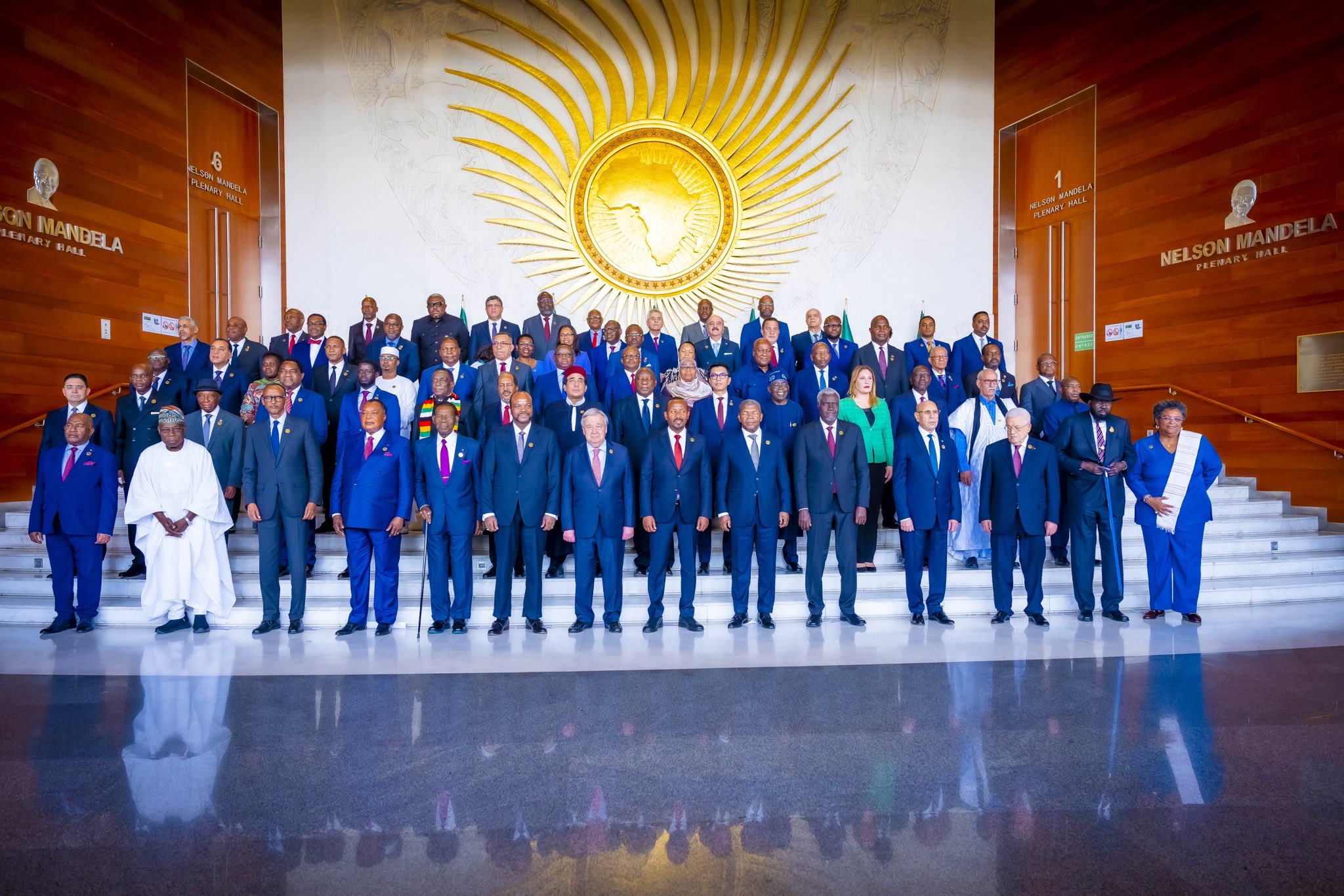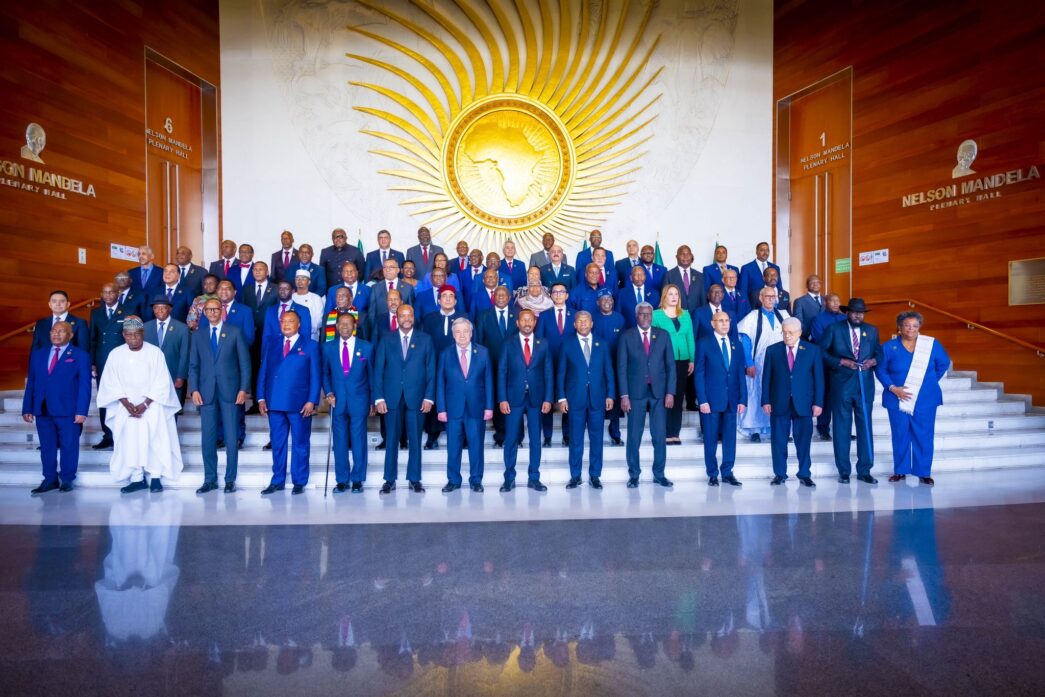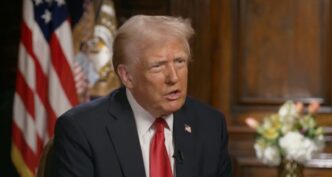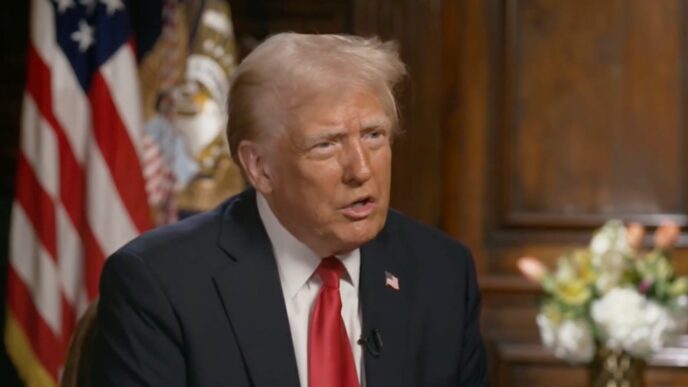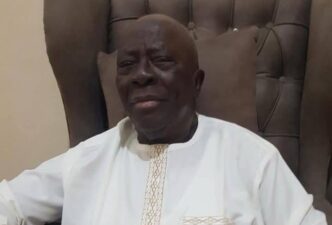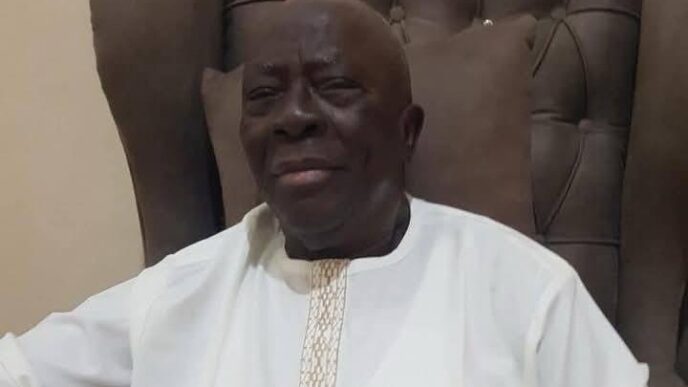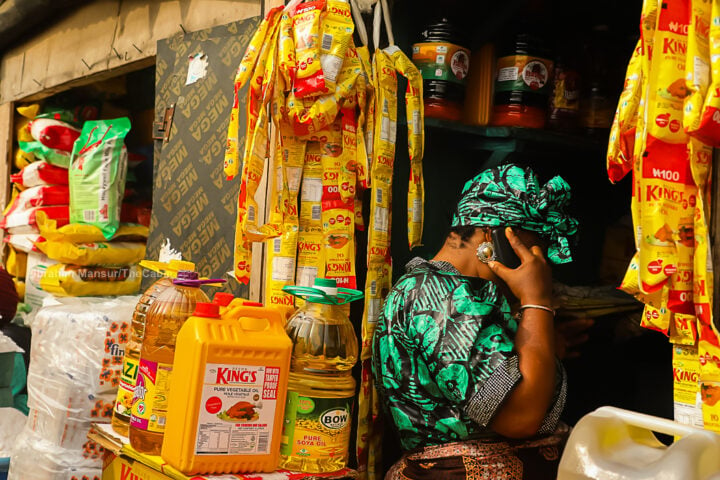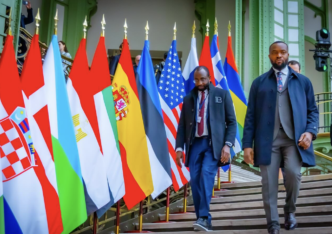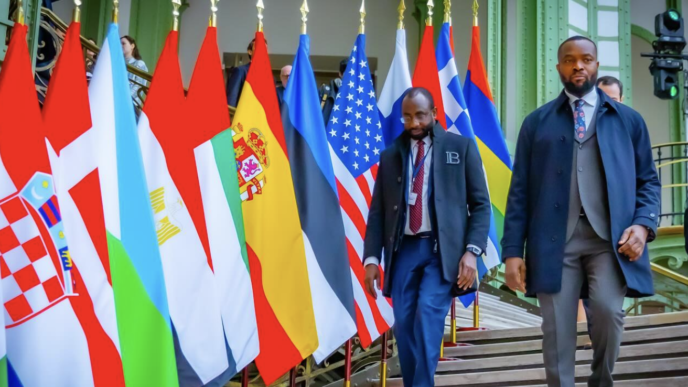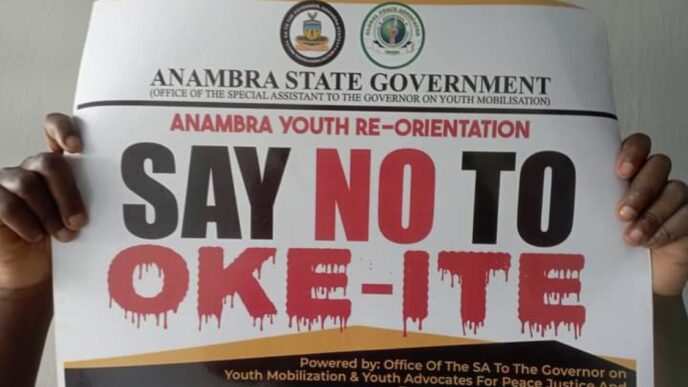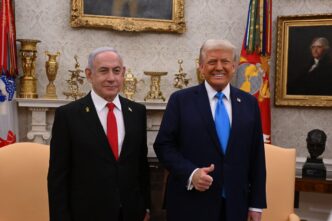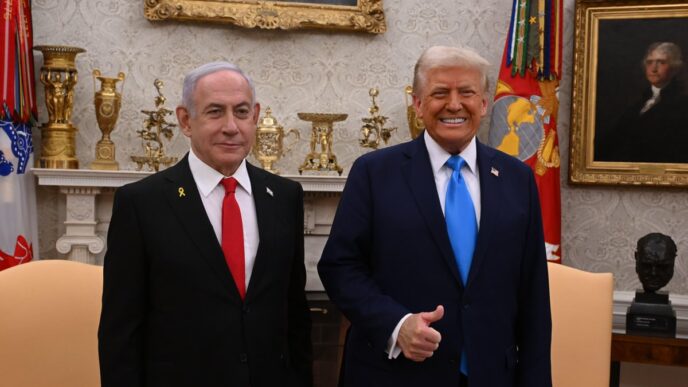Africa Union
President Donald Trump’s “America First” agenda has created a buzz in the international media since the January 20th inauguration speech. This agenda has brought significant shifts in U.S. foreign policy, including reducing foreign aid, promoting fossil fuels, stringent immigration regimes and prioritising domestic American interests over global cooperation. In a world where global powers are increasingly adopting inward-looking policies, it is imperative that Africa, a region endowed with immense market potential, vast natural resources, and a dynamic youthful population, takes deliberate steps to prioritise its own interests – take an Africa-first approach. An Africa-first approach prioritises Africa’s stability and development. It is a proactive rather than a reactive approach in Africa’s global diplomacy and engagement. An approach where Africa strive for economic sovereignty and actively exert its influence in global policies.
Over time, Africa’s diplomatic relations with global leaders have been reactive than proactive – waiting to be invited to the table before approaching. With the new global dynamics, an Africa-first approach would entail taking a lead in shaping the terms of engagement with external partners in its diplomatic relations. Importantly, in its engagement with multilateral development institutions like the WTO, United Nations, World Bank and IMF, the continent should proactively seek to influence policies intended at shaping its development. Approach as a bloc could help maximise its influence. The conflicts in DR Congo, Ethiopia and Sudan – the largest displacement crisis globally – serve as stark reminders of the devastating impact of unresolved internal tensions. The minimal attention of the international community to the issue, despite the scale of devastation, evinces why Africa must take ownership of its problems and develop homegrown solutions that prioritise peace, stability, and economic resilience. Unfortunately, the involvement of fellow African countries in some of these conflicts makes resolution very difficult. Achieving peace and stability will require resolving internal challenges and strengthening regional groups like the AU, ECOWAS, SADC, etc. Moreso, maintaining active, well-staffed embassies and missions at key multilateral institutions and ensuring consistent participation at summits, conferences and working groups are critical to framing developmental projects from multilateral agencies.
A critical aspect of putting Africa first involves charting a more permanent path towards economic sovereignty and reducing the continent’s over-reliance on foreign aid which has often come with strings attached, limiting Africa’s ability to implement independent and sustainable development policies. Afterall, he who pays the piper calls the tune. The Trump administration’s suspension of aid is a case in point. These aid cuts could hurt Africa because of its over-reliance on external assistance for combating humanitarian crises and other developmental issues. Nigeria’s commitment of 4.8 billion naira to mitigate the impact demonstrates a step towards self-reliance, however, this still engenders a reactive rather than proactive stance. As such, African nations must prioritise the development of robust internal financing mechanisms, including strengthening domestic tax systems, promoting industrialisation, and leveraging public-private partnerships. They must engage in economic reforms that engender sustainability of expenditure on developmental programmes. This should be complemented with pooling resources to tackle shared regional and continental challenges. By investing in its development with internally generated funds, Africa can achieve long-term economic autonomy and resilience.
More actionable steps towards regional cooperation supports the strides towards achieving economic sovereignty. Movement restrictions posed by visa barriers within the continent has been a major setback in the race towards achieving the AfCFTA – the African single market for instance. Rwanda, Kenya and lately, Ghana’s visa-free policies, demonstrate a promising step toward fostering regional integration and economic cooperation. With more African nations following suit in removing intra Africa visa and immigration barriers, the continent can unlock new opportunities for economic independence and reducing the continent’s vulnerability to external shocks. It is heartwarming that, despite the pull-out of Mali, Niger and Burkina-Faso, ECOWAS has taken a decision that member countries should continue to accord them the right to free movement within the region. This goodwill, albeit not without criticism, shows the commitment towards putting the African development ahead of internal conflict of interests.
Advertisement
While intra-Africa cooperation should be encouraged and accelerated, South-South collaboration with industrialised economies like China, India and Brazil can provide new sources of investment, technology and trade. Already, South Africa and Nigeria are leading the way as BRICS member-country and partner-country, respectively. Africa can benefit from the emerging trade competition between America and its largest trade allies like China, Canada, Mexico and potentially, the EU and Russia. With the imposition of fresh tariffs on China, Canada and Mexico, and the retaliatory, reciprocal actions by these countries, Africa, with its large market and abundant natural resources can become the new production hubs as these trade giants seek to circumvent the tariff war. This potential can be maximised if African countries come up with incentives that can ward off challenges from other large markets in the Middle East, Asia and South America.
Africa’s human and natural resources strategically positions it in global political economy, and the continent must actively exert its relevance and protect its interests. While Trump’s withdrawal of the U.S. from the Paris Agreement and push for fossil fuel expansion is a departure from global trends toward renewable energy and has implications for investments in climate sustainability, it evinces a leadership committed to protecting its national interest. Africa must depart from extractive relationship with global powers in how it manages its natural and human resources. The continent must seek for value addition of its natural resources before export and stick to negotiate its value from a position of strength. Also, the continent must leverage its fossil fuel resources, without jeopardising its opportunities for maximising its renewable energy resources – the future of energy access – by ensuring that the shift to renewables does not undermine current energy access or economic stability. With Africa’s abundant solar, wind and hydropower resources, it should double down on clean energy investments and partnerships with international organisations and private investors to scale up renewable energy infrastructure, particularly in underserved rural areas. The recent successful Mission 300 Energy Initiative led by the AfDB and World Bank is a positive step to provide energy support to neglected parts of the African population. Supporting local industries to produce renewable technologies offers job prospects for its youthful population and helps reduce import dependence.
Trump’s approach could appear unsettling; however, it underscores prioritising national interests. Africa must take control of its narrative and future. The continent must prioritise policies that promote self-reliance, economic diversification, and regional cooperation. Leaders must collaborate to address shared challenges, leverage Africa’s strategic position in global trade, and ensure that its vast resources are harnessed for the benefit of its people. By putting Africa first, the region can position itself as a formidable global player, shaping its own destiny and contribution to the world economy. The future belongs to those who are proactive, and Africa must proactively chart a course toward prosperity and stability. While each country in Africa reserves the right to pursue their national interests individually, it can be better achieved through a united front.
Advertisement
Oshodi, Senior Special Assistant to the Nigerian President on Foreign Affairs and Protocol
Views expressed by contributors are strictly personal and not of TheCable.

